







Read More
B.Sc. in Biotechnology is a 3-year undergraduate programme which deals with basic and advanced study of the cellular and bio-molecular processes for development of a variety of technologies and products contributing towards the sectors such as health, agriculture environment etc. A graduate in biotechnology course may avail jobs in the Research and Development, Education, Pharmaceutical and Agricultural sectors.
Year wise Course Details
Courses for this semester
Introduction to Microbiology course teaches the basics of microbiology. The main objective of the course is to provide students the history of microbiology, classification of microorganisms and microorganisms present in different extreme environments. In particular, the course provides insights concerning aspects of different types of microorganisms, culturing and staining of microorganisms.
Principles of evolution, biodiversity, and genetics, including Mendelian and non-Mendelian inheritance patterns.
his course gives a detailed description of atomic structure, different theories related to it and the knowledge of classical and quantum chemistry.
Principles of evolution, biodiversity, and genetics, including Mendelian and non-Mendelian inheritance patterns.
Agricultural Education is a multidisciplinary field that combines agricultural science, technology, and education to prepare students for careers in the agriculture industry
Ascertain physical and mental development of the students and select best performers for state, national and international level competition.
Courses for this semester
To learn the basic causes and development of different human diseases
To introduce students to the fundamentals of forensic biology, focusing on the identification, collection, and analysis of biological evidence in criminal investigations.
Introduce the students about concept of buffer, pH, acid and base, chemical bonding and the energy relationships
Extra-curricular activities aim to help students explore their interests, develop technical and non-technical skills, and foster interpersonal growth early in their academic journey. These activities often align with the foundational stage of their computer science education, focusing on creativity, collaboration, and self-expression.
This course delves into the fundamental concepts of cell biology and microbial physiology, providing an integrated understanding of cellular structure, function, and the physiological processes that drive microbial life.
Courses for this semester
Identify and describe the contributions of key scientists to the development of immunology. Explain the functions and properties of various immune cells and organs. Differentiate between types of immunity and understand antibody-antigen interactions.
Principles of Analytical Techniques: Understand the fundamental principles underlying analytical techniques commonly used in biochemistry, including spectroscopy (UV-visible, fluorescence, IR), chromatography (HPLC, GC), electrophoresis, mass spectrometry, and immunoassays.
Understand the detailed structures of DNA forms (Z-DNA, A & B DNA) and genome organization in prokaryotes and eukaryotes. Explain DNA replication mechanisms, transcription processes, and RNA types and their processing. Analyze gene regulation mechanisms, mutagens, mutations, and DNA repair processes
Understand soil composition, microorganisms, and microbe-plant interactions, including siderophore roles. Explain the nitrogen cycle, symbiotic and non-symbiotic nitrogen fixation, nitrogenase function, and nif gene importance. Apply knowledge of biofertilizers, biopesticides, genetic transformation, and cyanobacteria in agriculture.
Field-Based Learning and Community Services is a hands-on course designed to integrate academic learning with real-world community engagement. Students will collaborate with local organizations to address community needs, applying theoretical knowledge to practical challenges. Through this experiential learning, students will develop a deep understanding of societal issues, build civic responsibility, and cultivate skills in problem-solving, communication, and teamwork.
Develop students' interpersonal skills, emotional intelligence, and teamwork abilities through participation in diverse extra-curricular activities. Foster leadership qualities and organizational skills by providing opportunities for students to take on leadership roles and manage events or projects within extra-curricular activities.
MOOCS is provided through Coursera Platform, which is an online course where students are allowed to take course/ courses per semester on the basis of the hours with relevance to the credit. The courses are provided from the international universities across the world. During the courses, students have to submit assignments, quizzes.
Understand the classification, morphology, and key characteristics of insects, focusing on Class Insecta. Explore the morphology and adaptations of insect mouthparts, antenna, and legs.
This course aims to educate student on concepts of forestry. Basic knowledge of forest dendrology, forest types. The course further deals with physiology of forest, forest management and forest pathology.
Courses for this semester
This course provides an in-depth exploration of the principles and techniques of molecular biology and recombinant DNA technology (RDT), emphasizing their applications in research, healthcare, and biotechnology.
This course will introduce the students about concept of buffer, pH, acid and base, chemical bonding and the energy relationships
This course will give basic computer knowledge and their practical application and knowledge on computational database management system and its application in Biology
This course explores the role of microorganisms in food production, preservation, spoilage, and safety, providing a comprehensive understanding of the interaction between microbes and food systems.
Develop proficiency in aseptic techniques for handling microorganisms safely and preventing contamination in microbial cultures.
This course allows students to gain foundational understanding of the basic components of food and principles of food processing techniques.
This course provides a basic understanding of the significance and relevance of biological evidence in criminal investigations.
Courses for this semester
To familiarize the students about the different diseases caused by bacteria & viruses and prevention and control measures of the diseases. To teach different diagnostic tests to identify the causative organisms
To familiarize the students about the Morphology and taxonomy of fungi and the parasites. To familiarize students about different diseases caused by fungi and parasites
To familiarize the students with how to determine the data to be collected, organize and summarize the information to draw valid conclusions or inferences about the population. To make aware with how to record the collected data in tables and representing in graphs.
To incorporate a strong understanding and in-depth knowledge of pharmaceutical microbiology principles, techniques, processes Study the strategies in order to avoid any potentially costly and life-threatening failures and consequences.
To teach students the microbial ecology of foods and the ecological factors that affect the presence, survival, growth and death of microorganisms in food. To teach students about the principles of food preservation techniques
Students will be able to gain the Analytical Skill concept, Students will be able to acquire the knowledge of basic Data Analysis Procedure for day-to-day use
MOOCS is provided through Coursera Platform, which is an online course where students are allowed to take course/ courses per semester on the basis of the hours with relevance to the credit. The courses are provided from the international universities across the world. During the courses, students have to submit assignments, quizzes.
Courses for this semester
This course explores the principles and applications of fermentation processes and industrial microbiology in biotechnology and bioprocess industries. It provides a comprehensive understanding of microbial physiology, metabolism, and their optimization for large-scale production of industrially important products.
This course provides a comprehensive foundation in the principles and practices of research methodology, bioethics, and intellectual property rights (IPR), equipping students with the skills and ethical understanding essential for scientific inquiry and innovation.

CST- Common scholarship test is a national and international level online MCQ based examination funded for intellectual empowerment by Assam down town University.
CST- Maximum enrolment each year is 120 seats and any 10+2 students can apply. Adtu is northeast India’s first placement driven university to provide 100% scholarship benefits worth 10 cr.
CST aims to inspire brilliant and competent students to pursue further education. Accredited with a prestigious grade by NAAC, UGC and AICTE.
Explore more scholarships that can help you reach out your goal with financial aid.
This scholarship is valid on the basis of the board/university examination
| 95% & above | 100% Scholarship on all semester |
| 90%-94.9% | 50% Scholarship on all semester |
| 80%-89.9% | 25% Scholarship on all semester |
This scholarship is valid on the basis of the board/university exam
| National & International Level | 100% Scholarship on all semester |
| State Level | 50% Scholarship on all semester |
| District Level | 25% Scholarship on all semester |
This scholarship is valid on the basis of the board/university exam
| National & International Level | 100% Scholarship on all semester |
| State Level | 50% Scholarship on all semester |
| District Level & NCC Certificate Holder | 25% Scholarship on all semester |
Discover a multitude of world-class amenities and cutting-edge resources at Assam down town University, enhancing your academic journey to new heights.
The Start-Up & Incubation Centre at Assam down town University provides a supportive environment for young entrepreneurs to develop and grow their business ideas. The center provides mentorship, funding, and networking opportunities to help innovative ideas become successful businesses.
SFURTI scheme to support rural entrepreneurs and innovators, an initiative by the Ministry of MSME
TIDE 2.0 scheme for ICT-based startups which provides a grant of Rs. 4L and Rs. 7L under EiR and Grant categories respectively, an initiative by the Ministry of MeitY.
dtVL Ideation, an incubation program for early-stage entrepreneurs with a market-ready solution/product, offering interest-free loans up to Rs. 2 lakhs.
Sprout UP, an incubation program for students, faculties, and researchers with innovative business ideas, prototypes, or technology solutions.
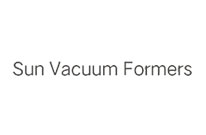


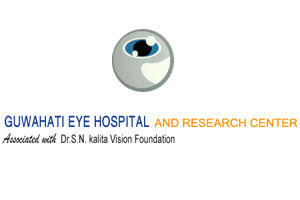



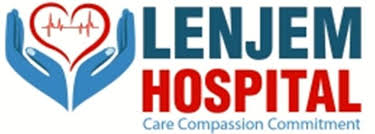
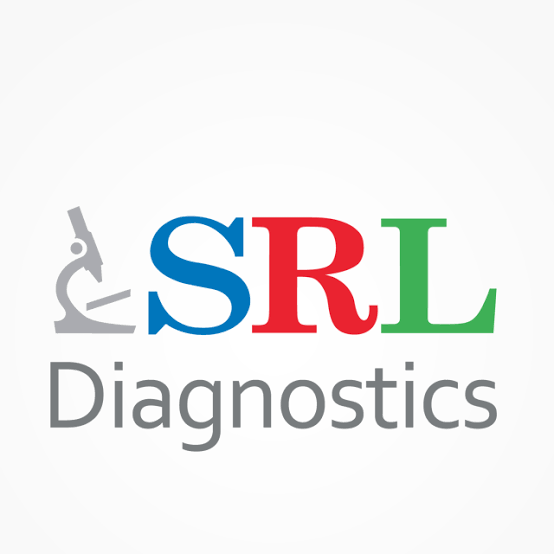







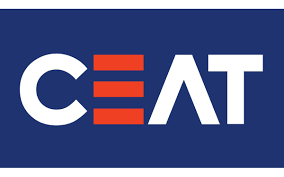
















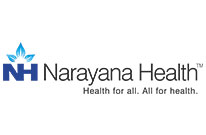
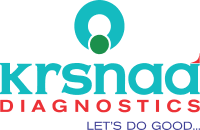



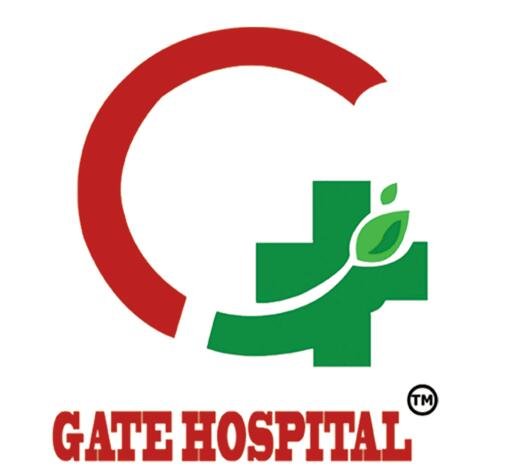
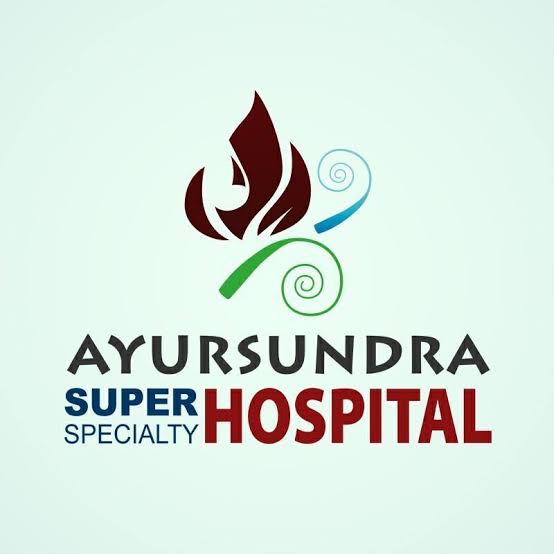


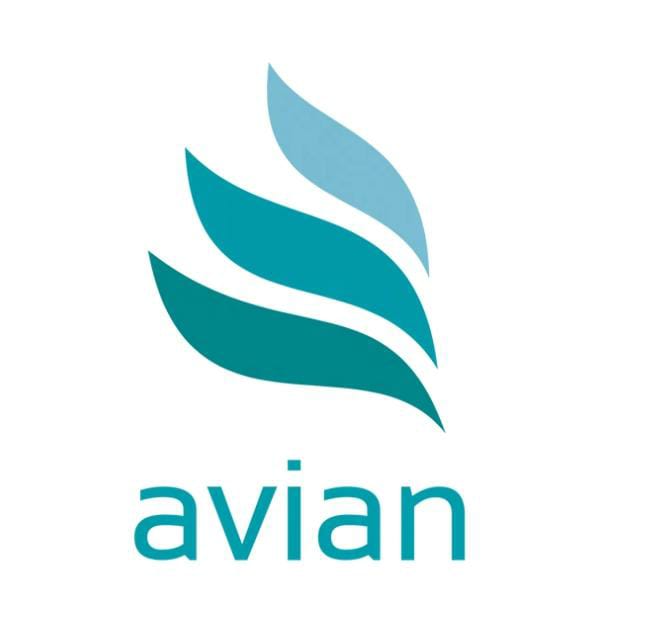







"I am a BBA student of 3rd semester. I hail from Bhutan. I vow that I am having a great experience i...
"AdtU is amazing. I am a BBA student of 2019-22 batch and I am just grateful for the amount of oppor...
Let us be grateful to the people and place who makes us happy. They are the charming gardeners whom ...
Currently I am pursuing MBA in Assam Down Town University. MBA is the professional course through wh...
AdtU is a university that focuses on giving knowledge, education and simultaneously making the stude...
The Assam downtown University has been a great learning experience. The university has provided me w...
My experience with AdtU has been splendid one indeed. Little needs to said about its scenic infrastr...
As a student I am very glad that I have got an opportunity to study here in Assam downtown universi...
My name is Sakhyajit Roy. I?m from Tripura. I joined the university on Auguest, 2017 as a student of...
I share immense pleasure to share my post graduate program experience in Assam down town University....
AdtU is a platform where I got golden opportunities to feed my zeal for knowledge through the dynami...
I am fortunate to get an opportunity to study here in Assam Downtown University. The best thing abou...
Our university is one of the best place for developing ourselves in the field of research and acedem...
ADTU is a university that is very good interms of infrastructure, academics and placements. Our tea...
It is one of best private colleges in North East India, it also provides a good environment for ed...
ADTU is a good University which provides the students with best quality lectures and ensures comfort...
The environment of Assam downtown university is very pleasant.The department of BMLT is very good a...
The university has all the necessary facilities and amenities for students . The classrooms and the ...
Assam downtown University is well recognised all over india. In the ongoing pandemic situation it ha...








